Everyone is a mix of their parents. They may have their genetic traits, including their physical features or diseases. They could also have inherited their temperament and adopted their mannerisms while growing up. But genes are something no one can control. Parents can’t decide what traits to give to their kids, and kids can’t pick out which traits they want.
Read: The Perfectly Imperfect Guide to What Your Future Child Will Look Like
10 Genetic Traits from Mom

Certain genes tend to come from one parent rather than the other. Here are some attributes you may be able to thank (or blame) your father or mother for.
Physical features

Of course, physical traits are a mixed bag for genes, but certain elements tend to come from mothers, namely hairlines, hair texture, hair color, and varicose veins.
Intelligence

Researchers from Glasgow’s Medical Research Council Social and Public Health Sciences Unit studied what affects IQ. They found that education and socioeconomic position plays a role, but the best predictor of intelligence was the IQ of the mother. All of the participants in the study received similar scores as their moms, only differing by an average of 15 points. [1]
Sleeping patterns

A study in the journal Sleep Medicine found that moms tend to give their sleeping habits over to their children. For instance, mothers with insomnia tended to have children who would fall asleep at a later time and get less sleep overall.
Read: Your Mom May Feel Closer To Her Grandkids Than To You. Here’s Why: Study
Eye conditions
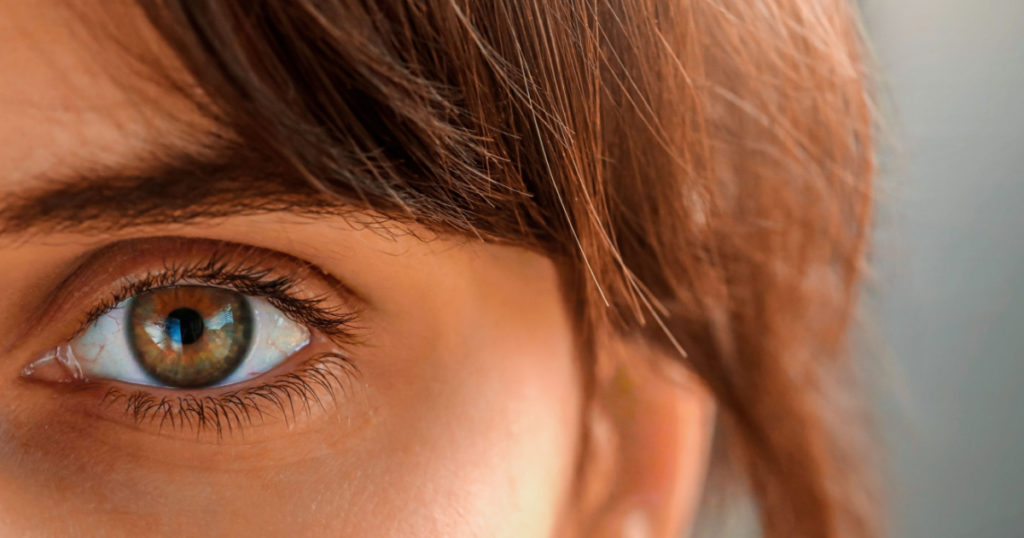
Pathological myopia, or nearsightedness, can be passed down from mothers. Studies have shown that eye structure and eyesight are inherited from the maternal side. So if a mom needed glasses at a young age, it’s likely her kids will need them as well. Additionally, color blindness can come from her. It’s a trait linked to the X chromosome, so it could technically come from fathers as well, but they contribute only one X chromosome while the mother gives two. But this is also why color blindness is more common in males, since they don’t have another X chromosome to counter the trait.
Menopause and menstruation

According to the Institute of Cancer Research at the University of London, there’s a 57% chance a girl will get her first period within the same three months as her mother. Similarly, daughters are likely to go into menopause at the same age their mother did.
Temperament

A person’s temperament depends on many factors, namely nature (DNA) and nurture. But new studies indicate that DNA has a stronger effect than once thought. A study found like DNA is responsible for about 20-60% of temperaments in people. [2]
Read: Xennials – Who They Are and How They Are Different From The Millenials And Gen X’ers
Mood

The corticolimbic system is responsible for regulating emotions and is involved with mood disorders like depression. The genetic structure of the system tends to go from mothers to daughters instead of from mothers to sons. (Father’s genes tend to go to either gender.) Therefore, daughters may take on their mothers’ moods.
Ability to lose or gain weight
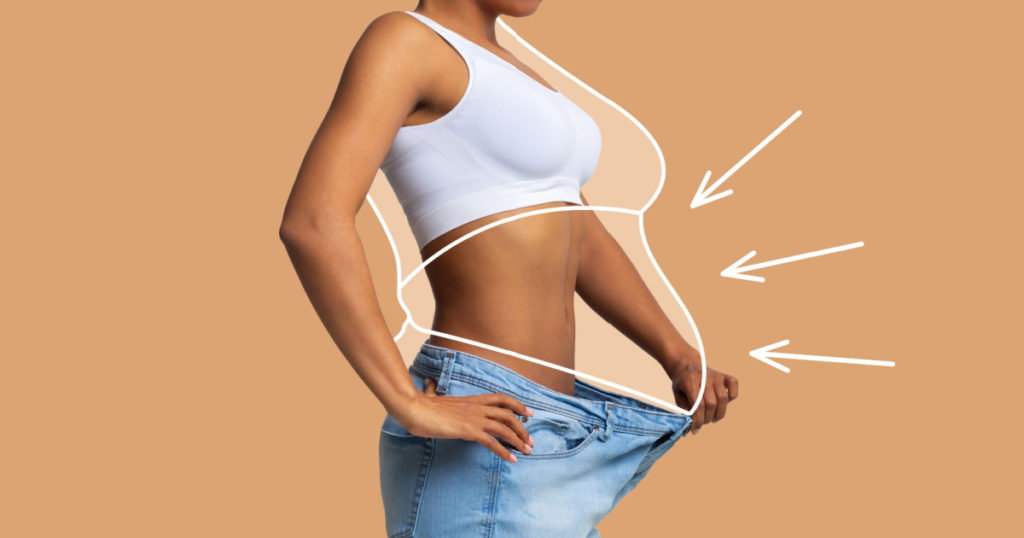
One physical trait people may inherit from their mothers is their metabolism. But keep in mind metabolism isn’t the be-all and end-all when it comes to body weight. Lifestyle habits, such as diet and exercise levels, place a much larger factor than metabolism. Similarly, people are likely to inherit their mothers’ body type.
Read: Why do some women give birth to more boys or more girls?
5 Genetic Traits from Dad

From physical attributes to personality quirks, the influence of paternal genetics adds a layer of complexity to the mosaic of traits that make each of us distinctly ourselves. Let’s delve into the fascinating world of genetic inheritance, exploring the ways in which our dads contribute to the intricate tapestry of our identity.
Biological gender
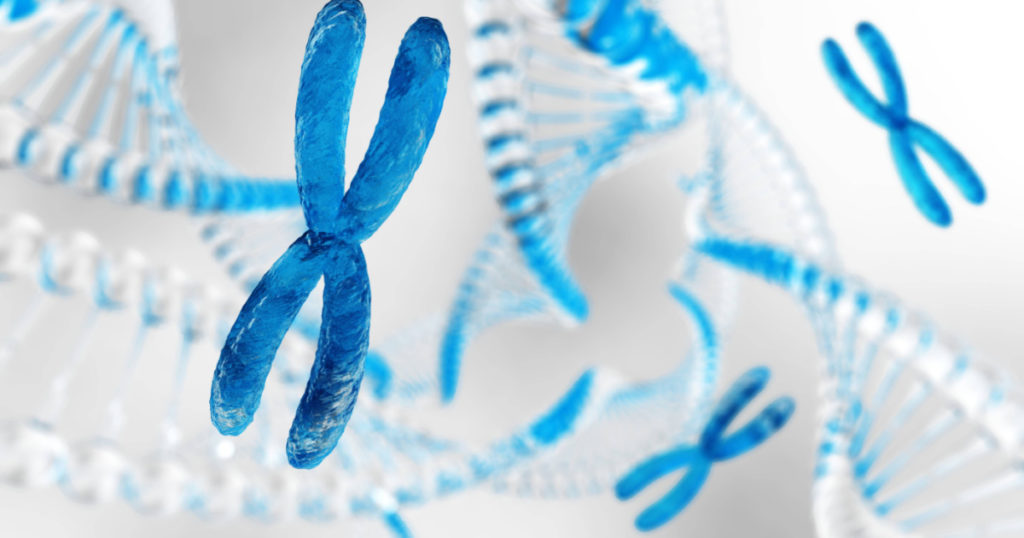
This trait is no surprise. Both parents contribute their genes while creating a child, including the chromosomes that designate biological gender. Females have two X chromosomes, while males and an X chromosome and the Y chromosome. So, fathers may contribute an X or Y chromosome while the mother always contributes an X chromosome. If the father contributes an X, the baby will be a girl; if he gives a Y, the baby will be a boy. Most items on this list are physical genetic traits found only on the Y chromosome, meaning they pass from father to son but not to daughters.
Webbed toes
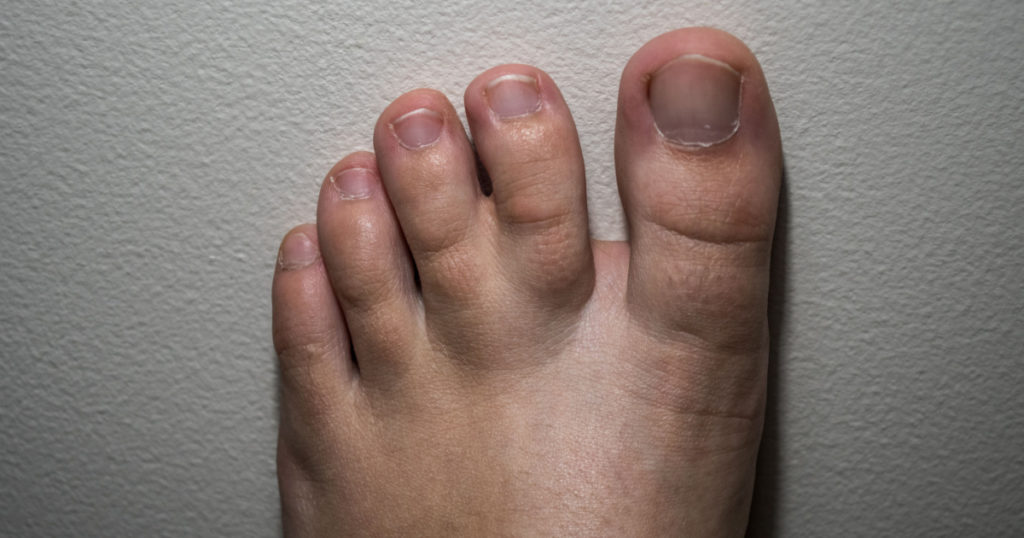
Webbed toes or fingers usually occur when the digits don’t fully develop, leaving behind the embryonic webbing on the skin. Studies into this unique feature indicate it may appear on the Y chromosome, meaning that in some cases, it passes from father to son. [3]
Coronary artery disease
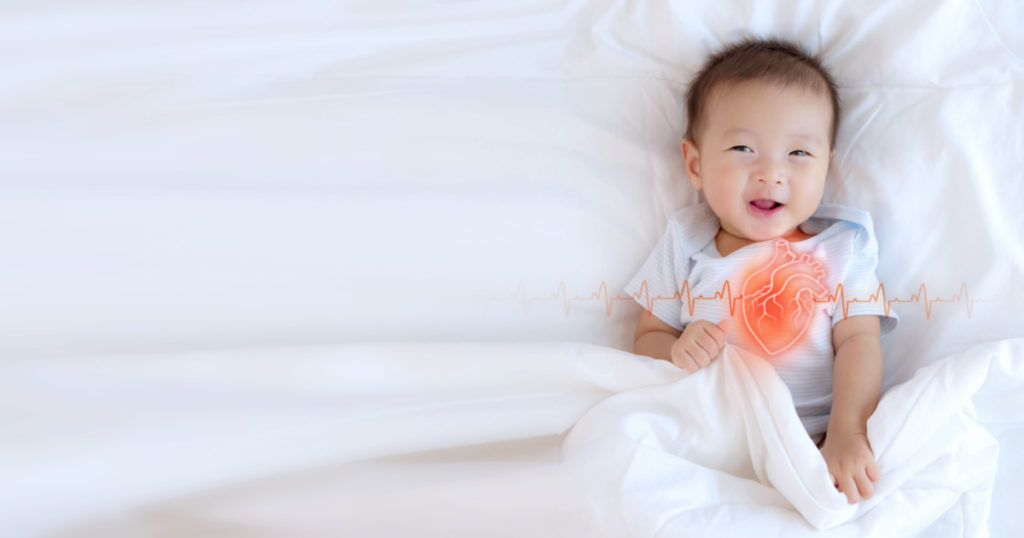
The Y chromosome also plays a role in inheriting coronary artery disease, which statistically affects more men than women. The research found that men with a certain trait on their Y chromosomes were at a higher risk of CAD, a risk separate from already established factors like high blood pressure. [4]
Read: Here’s Why Kids with December Birthdays are Special
Ovarian cancer
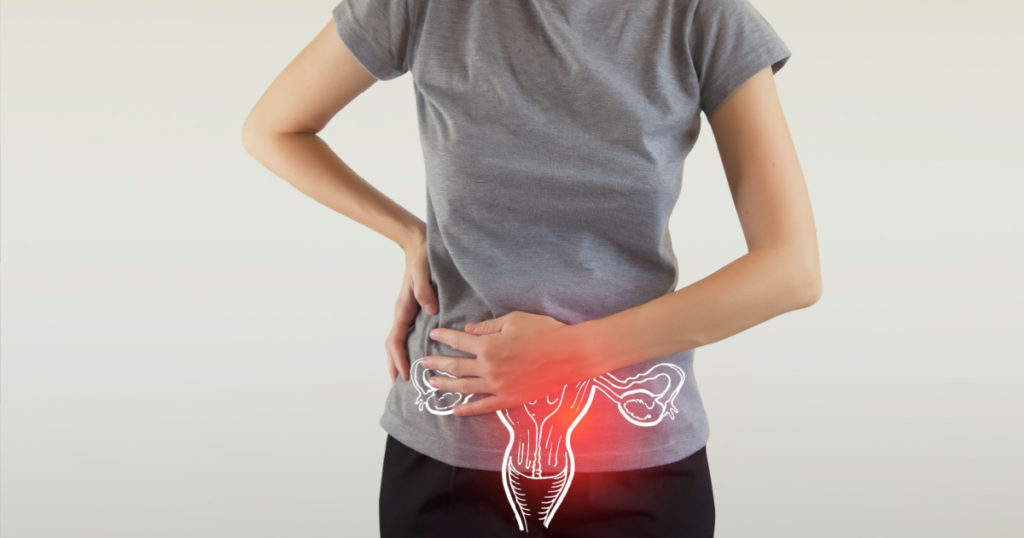
But fathers can pass certain diseases to their daughters, namely the risk of ovarian cancer. The research found that fathers can pass mutations on their X chromosomes to their daughters, and one could be the risk for ovarian cancer. Studies have noted that women were more likely to get ovarian cancer if their sisters had it — not if their mothers had it — hinting that the risk factor came from the father. [5]
Remember, Genes are not Destiny

A family history of heart disease diabetes, and the like doesn’t mean they are unavoidable. People can prevent these diseases through healthy choices, like eating a nutritious diet, exercising regularly, avoiding smoking, and reducing stress. A person’s health does not depend on their parent’s genes, and parents have no control over what physical traits they pass on to their children. “All you can do is your best to be healthy yourself, and teach your kids to make good lifestyle choices,” says Christopher Gregg, PhD, assistant professor of neurobiology and anatomy and adjunct assistant professor of human genetics at the University of Utah.
What the parents could control is the state of the mother during pregnancy and the care of the baby during the first few years of life

However, experts stress that parents are not to blame for whatever genes their children may inherit. Instead, they should improve their health where they can. “What we’re really trying to understand is, how do we program for health,” says Kjersti Aagaard, MD, PhD. “How do we make sure this next generation is healthier than the last.” [6]
Keep Reading: If You Want Smarter Kids Teach Them Music, Not Coding, According To MIT
Sources
- “What Do You Inherit From Your Mother? 10 Traits.” Medicine Net. Karthik Kumar. April 6, 2022
- “Am I Turning into my Mother? 5 Traits You Inherit from Mom.” How Stuff Works. ] Jennifer Wolfe.
- “Y Linked Inheritance.” Unacademy.
- “Presdisposition to common heart disease ‘passed on from father to son’.” Science Daily. University of Leicester. February 8, 2012
- “Daughters Can Inherit Ovarian Cancer Risk from Their Fathers.” Healthline. Gillian Mohney. November 15, 2018
- “Blame Your Health on Mom? Not So Fast.” WebMD. Stephanie Watson. May 3, 2011

